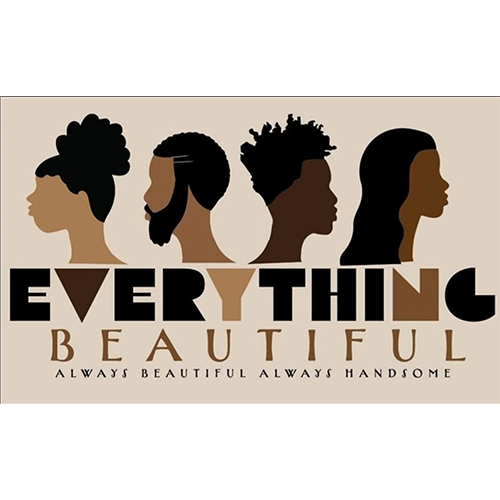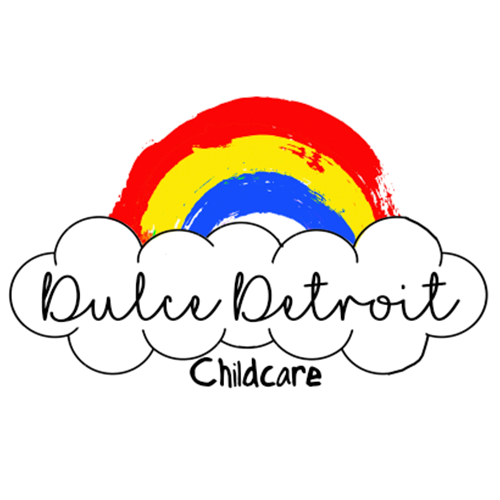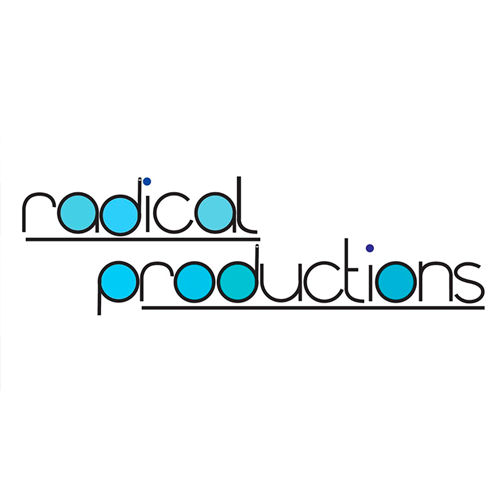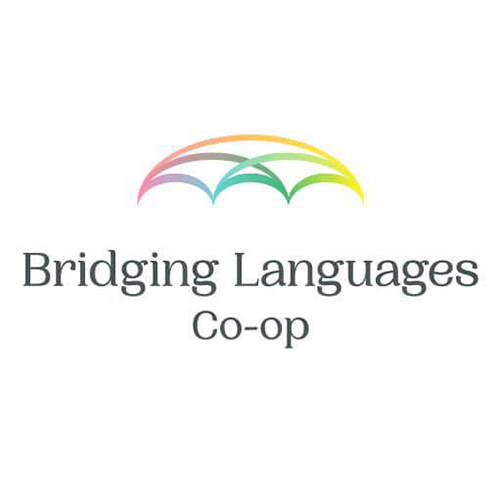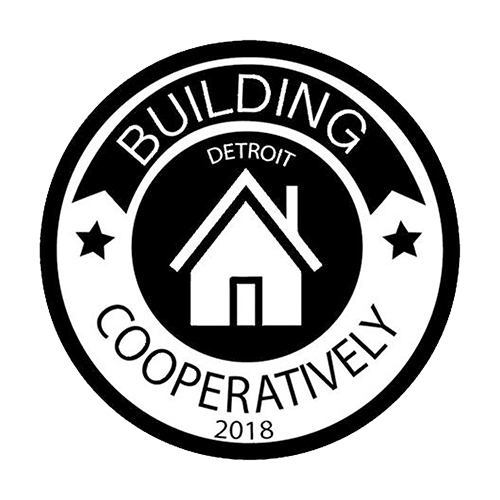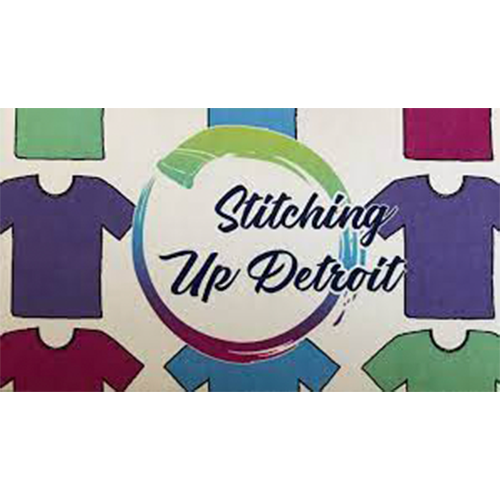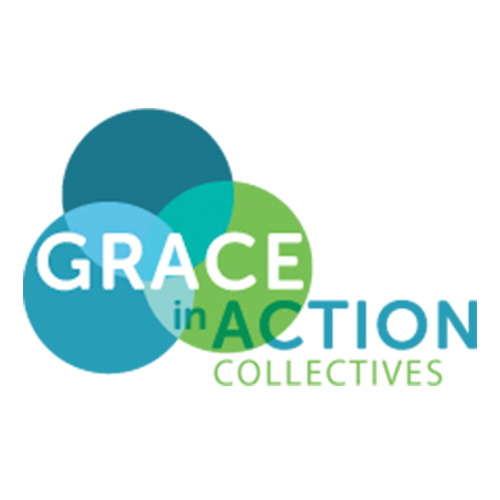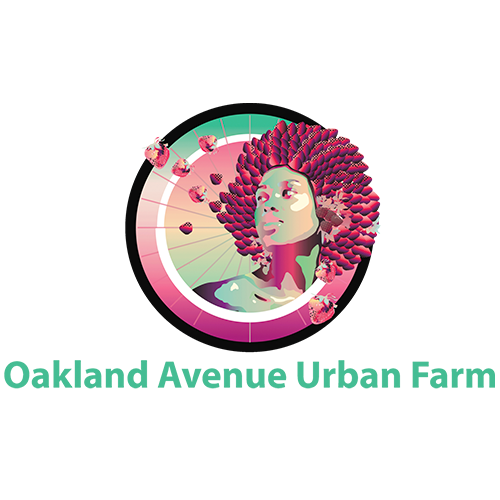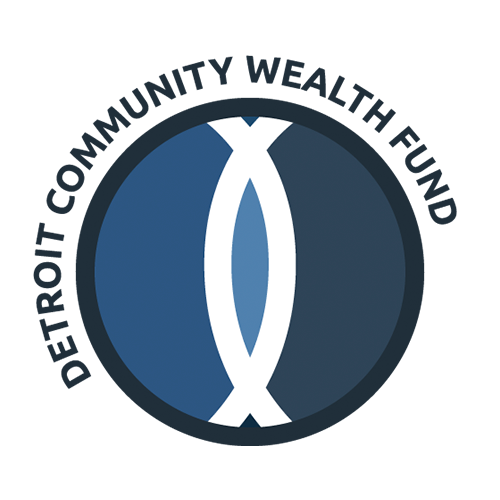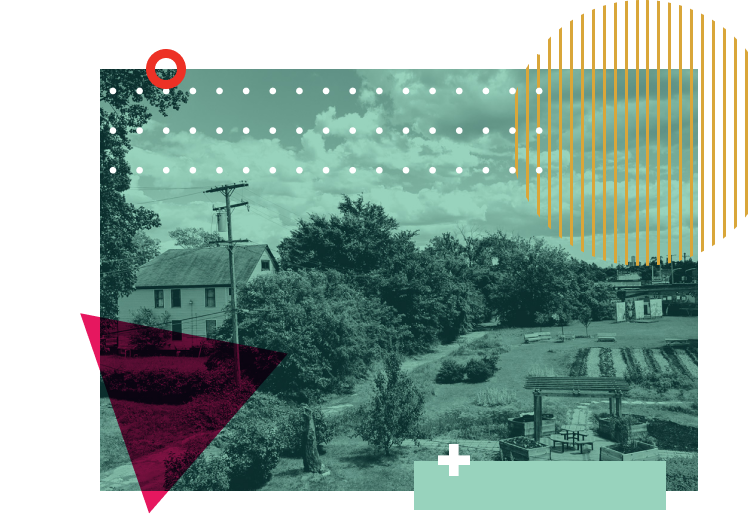
The COVID-19 pandemic and the ensuing economic shock has deepened a nationwide housing security crisis, and nowhere has it been felt harder than in Detroit. Since the summer of 2020 when the potential scope of the crisis became clear, the Detroit Justice Center has been working alongside movement builders to help get relief for Detroit residents and fight for needed protections against displacement. Local organizers have been able to win some key victories, like the establishment and extension of moratoriums against eviction during the crisis, but the struggle is ongoing.
One key housing struggle happening locally is the fight for a right to counsel in Detroit. In some cities like New York City and Cleveland, organizers have successfully pressured local governments to provide funding for attorneys to represent all or most tenants facing eviction in court. A coalition including the ACLU of Michigan, Michigan Legal Services, the United Community Housing Coalition, and DJC worked on a Right to Counsel ordinance which was passed by the Detroit City Council in May, 2022.
Detroiters have also faced eviction due to illegal property tax assessment. Between 2010 and 2016, Detroit over-assessed homes, which resulted in thousands of evictions. DJC and a coalition of other organizations are working to get these Detroiters compensated and paid back and to prevent illegal over-assessment from happening again. Read the MetroTimes article here.
Another issue local movement groups have been taking on is police evictions. Perhaps due to their frustrations with eviction moratoriums and court slow-downs related to the pandemic, Detroit landlords have been increasingly using Detroit Police to carry out extra-judicial evictions of their tenants. The landlords often wrongly claim that their own tenants are illegal squatters, and the police have apparently taken landlords at their word and forced residents from their homes under threat of arrest for trespass, with little advance notice. But local groups such as Detroit Will Breathe and Detroit Eviction Defense are fighting back, drawing attention to the phenomenon and demanding an end to police evictions. DJC is providing legal support to these groups and the victims of police eviction that they work with while our economic equity team provides legal support to community groups to build community land trusts to create affordable housing that will last for generations. If you or a loved one is facing eviction in the city of Detroit, we hope you will connect with the coalitions and activists fighting to end illegal foreclosures and evictions.
Take a look at DJC’s Community Legal Worker, Sonja Bonnet’s impassioned speech on how her personal experiences lit a fire to fight for housing rights reform and illegal tax foreclosure at a recent Property Tax Housing Rally.
Watch DJC’s Digital Strategist, Glennisha Morgan-Folks, talk with DJC’s Managing Attorney, Eric Williams, about housing affordability challenges and solutions for the city of Detroit.
A Community Land Trust (CLT) is a community-owned nonprofit that acquires, holds, and sometimes manages land, leasing it to others for residential, commercial, or agricultural uses. A CLT is a way to do community-led development of individually owned buildings on community-owned land. CLTs can create economically diverse communities, preserve affordable housing, prevent displacement, speculation, and unwanted land uses, discourage predatory lending and reduce foreclosures, create a source of income to support local needs and promote local entrepreneurship. DJC has had a hand in creating three of the first CLTs in Detroit. Our managing attorney Eric Williams has stated that “the community land trust model is the antithesis of gentrification. Rather than development happening to a community, the community shapes and drives development.”
EEP clients are primarily community groups, nonprofits, and democratically governed businesses based in either Detroit, Highland Park, or Hamtramck. For our worker-owned cooperative clients, we provide an array of transactional legal support, including drafting governance documents and member agreements, reviewing contracts, assisting with development of operational policies, training new boards of directors, researching industry-specific legal issues, assessing intellectual property protections, and hosting informational sessions on selecting a business entity, relevant labor and employment laws, and governance documents.
We collaborate with Detroit-based community partners that specialize in areas of technical assistance, such as business planning, accounting, and non-extractive financing, which are helpful to our clients and which complement our own services. We often work with community partners to support “co-op academies” rooted in specific neighborhoods or industry areas for Detroiters interested in learning more about cooperatives and cooperative economics. We have also assisted community partners in the development of resources, such as (1) succession planning toolkits for small business owners exploring the idea of selling their business to its workers and (2) self-guided educational materials about cooperatives. EEP consistently works with its community partners and clients to discuss and assess the needs of Detroit’s cooperative ecosystem and its role in Detroit’s growing solidarity economy.


